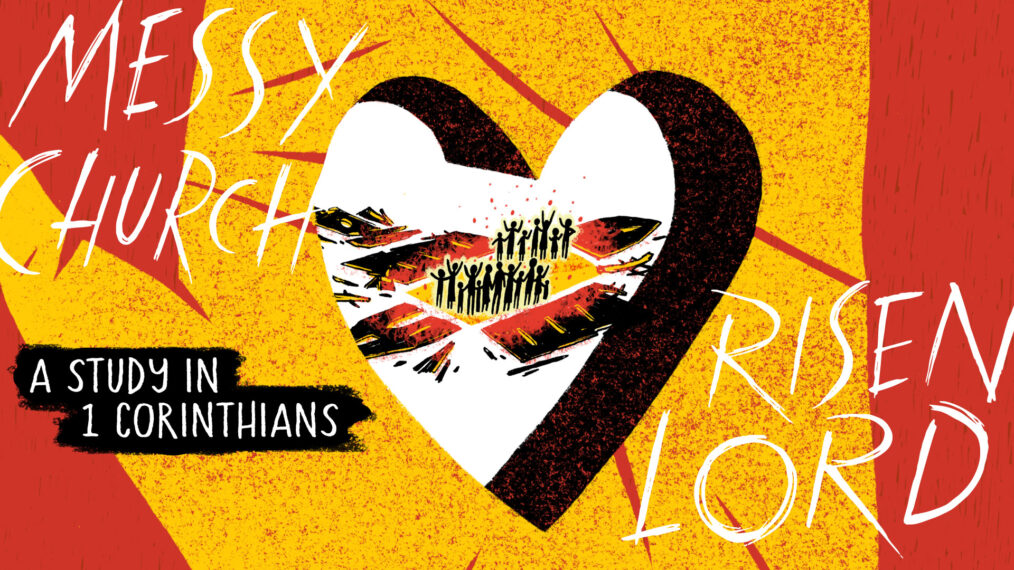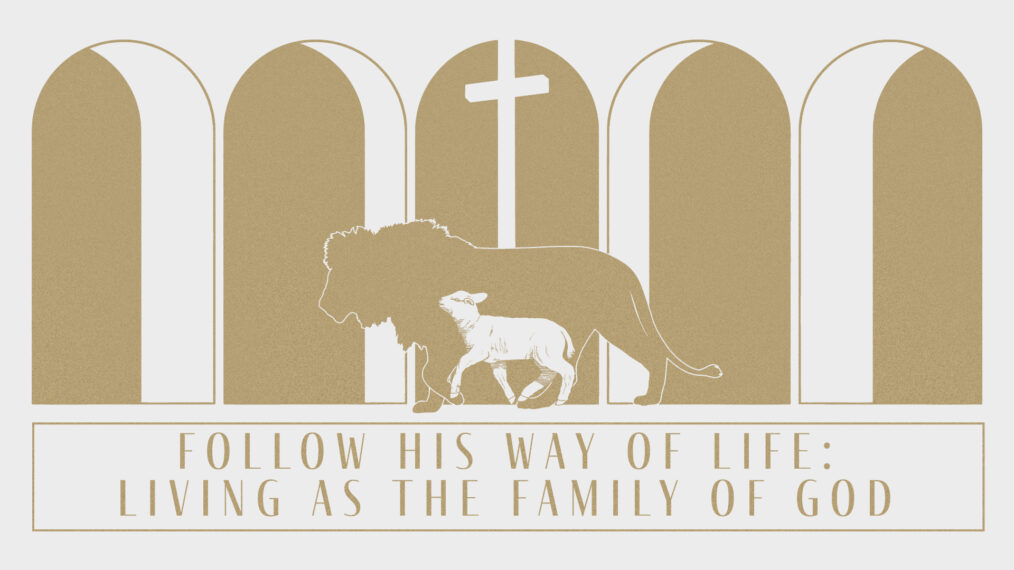Podcast: Play in new window | Download
The culture of our city has the power to shape us in more ways than we might know. When Christians conform to the desires, values, and practices of their city, it creates real problems in the church. In 1 Corinthians, Paul is writing to a messy church experiencing all sorts of city-shaped problems. To confront these problems, Paul reminds the church of who they are in Christ, and he calls them to live with a Christ-shaped vision for life.Podcast: Play in new window | Download
The culture of our city has the power to shape us in more ways than we might know. When Christians conform to the desires, values, and practices of their city, it creates real problems in the church. In 1 Corinthians, Paul is writing to a messy church experiencing all sorts of city-shaped problems. To confront these problems, Paul reminds the church of who they are in Christ, and he calls them to live with a Christ-shaped vision for life.Podcast: Play in new window | Download
The culture of our city has the power to shape us in more ways than we might know. When Christians conform to the desires, values, and practices of their city, it creates real problems in the church. In 1 Corinthians, Paul is writing to a messy church experiencing all sorts of city-shaped problems. To confront these problems, Paul reminds the church of who they are in Christ, and he calls them to live with a Christ-shaped vision for life.Podcast: Play in new window | Download
The culture of our city has the power to shape us in more ways than we might know. When Christians conform to the desires, values, and practices of their city, it creates real problems in the church. In 1 Corinthians, Paul is writing to a messy church experiencing all sorts of city-shaped problems. To confront these problems, Paul reminds the church of who they are in Christ, and he calls them to live with a Christ-shaped vision for life.Podcast: Play in new window | Download
The culture of our city has the power to shape us in more ways than we might know. When Christians conform to the desires, values, and practices of their city, it creates real problems in the church. In 1 Corinthians, Paul is writing to a messy church experiencing all sorts of city-shaped problems. To confront these problems, Paul reminds the church of who they are in Christ, and he calls them to live with a Christ-shaped vision for life.Podcast: Play in new window | Download
As humans, our foundational formation takes place within some sort of family system. We are discipled, whether with intentionality or not, into a way of life. Then at some point along the way we meet Jesus. When we put our faith in Him, we are reconciled to God and brought into His family. But how do we relate to His other children, and why do relationships remain so difficult? In this series, we’ll look to Jesus to learn how we can grow in love for one another as brothers and sisters in the family of God.Podcast: Play in new window | Download
As humans, our foundational formation takes place within some sort of family system. We are discipled, whether with intentionality or not, into a way of life. Then at some point along the way we meet Jesus. When we put our faith in Him, we are reconciled to God and brought into His family. But how do we relate to His other children, and why do relationships remain so difficult? In this series, we’ll look to Jesus to learn how we can grow in love for one another as brothers and sisters in the family of God.Podcast: Play in new window | Download
As humans, our foundational formation takes place within some sort of family system. We are discipled, whether with intentionality or not, into a way of life. Then at some point along the way we meet Jesus. When we put our faith in Him, we are reconciled to God and brought into His family. But how do we relate to His other children, and why do relationships remain so difficult? In this series, we’ll look to Jesus to learn how we can grow in love for one another as brothers and sisters in the family of God.Podcast: Play in new window | Download
As humans, our foundational formation takes place within some sort of family system. We are discipled, whether with intentionality or not, into a way of life. Then at some point along the way we meet Jesus. When we put our faith in Him, we are reconciled to God and brought into His family. But how do we relate to His other children, and why do relationships remain so difficult? In this series, we’ll look to Jesus to learn how we can grow in love for one another as brothers and sisters in the family of God.Podcast: Play in new window | Download
A homily from our time of worship and prayer in-between years.


